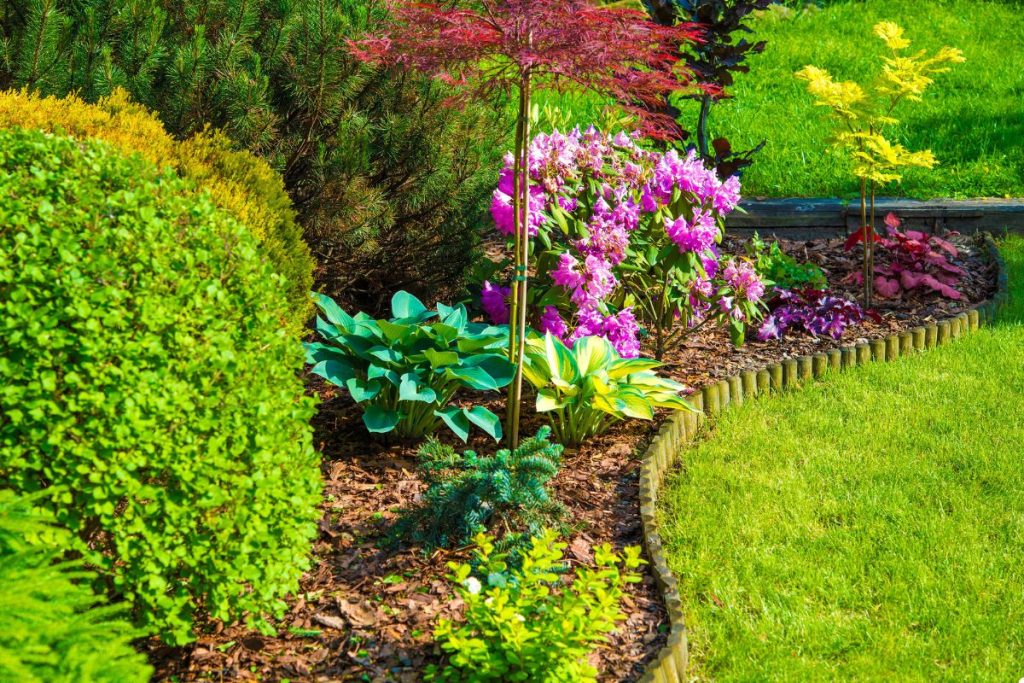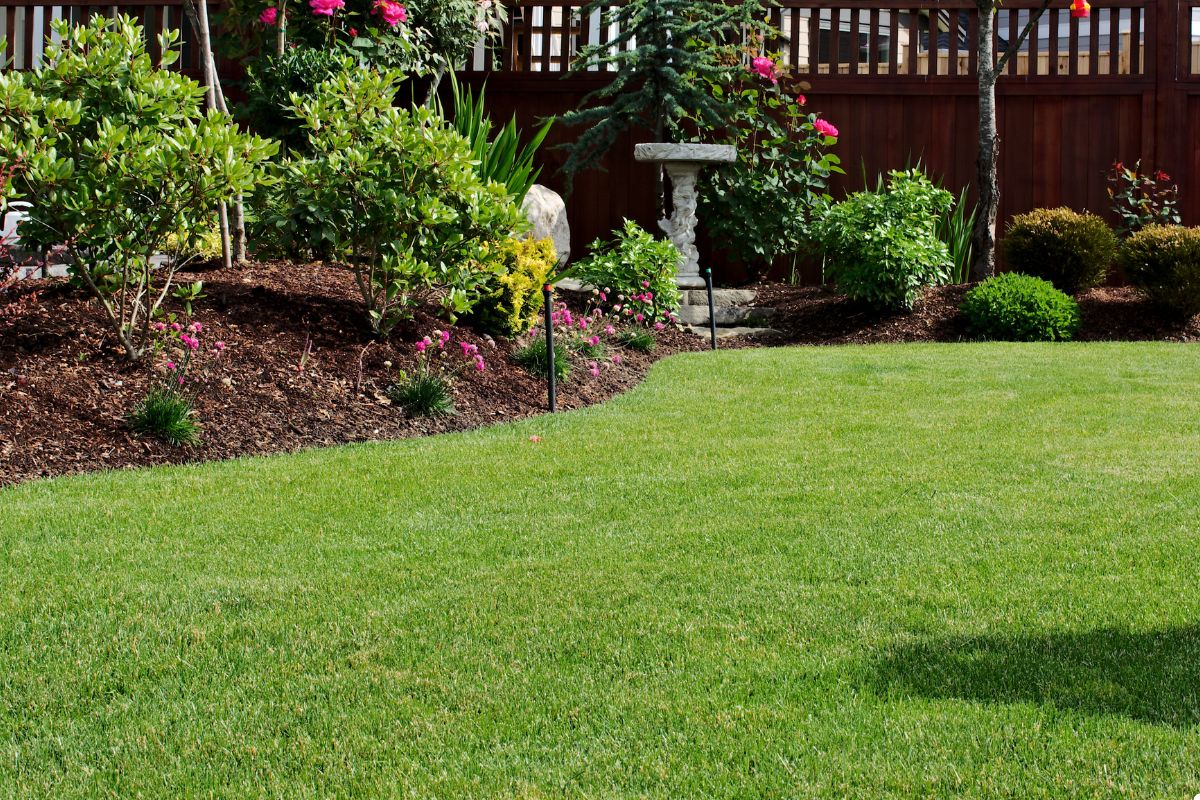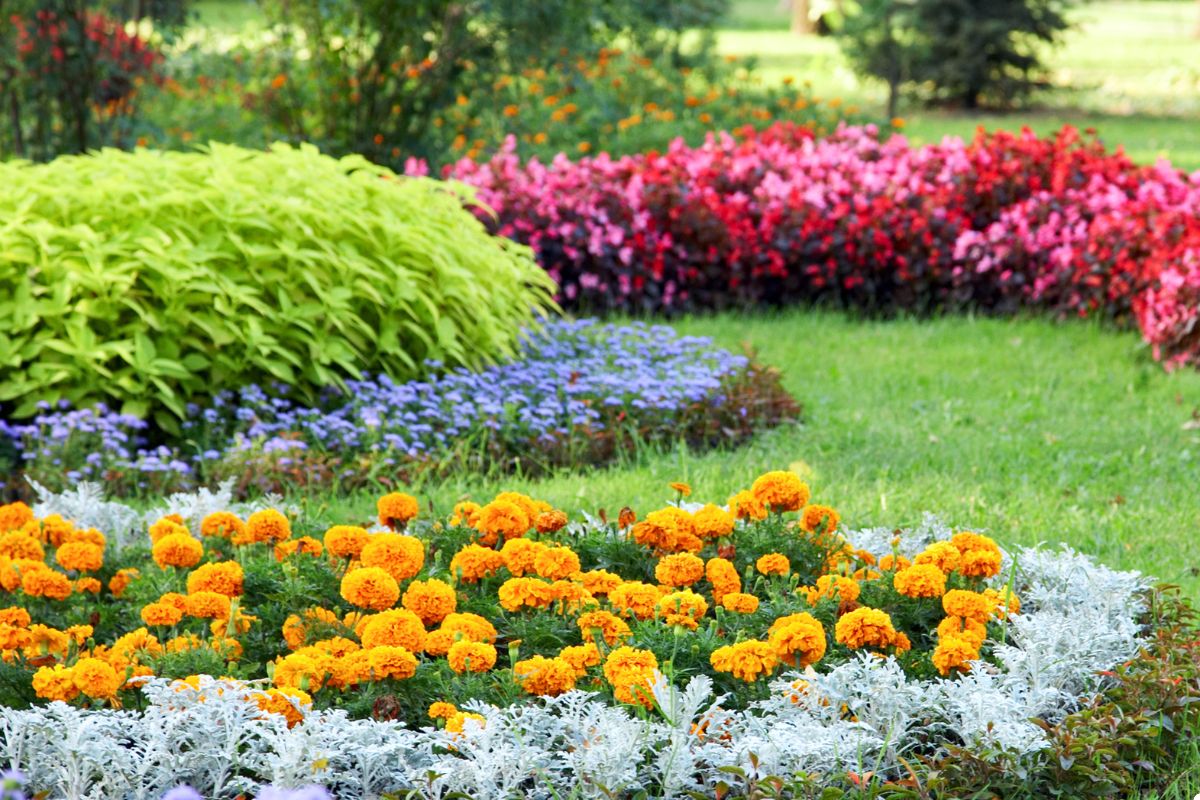
Dreaming of a vibrant, flourishing garden in your Vancouver, Washington backyard? It’s absolutely achievable with the right knowledge and techniques! The key to success in this beautiful Pacific Northwest region is understanding its unique climate, planning accordingly, and implementing proven gardening practices. This article provides comprehensive guidance to help you create and maintain a thriving garden, tailored specifically for Vancouver’s conditions. Ready to get started? Call us today to bring your dream garden to life!
Understanding Vancouver’s Climate
Vancouver, Washington, enjoys a generally mild climate influenced by its proximity to the Pacific Ocean and the Cascade Mountains. This means we experience wet winters, relatively dry summers, and moderate temperatures year-round. However, it’s also crucial to understand the subtle microclimates within the region. Some areas might be more prone to frost, while others might experience warmer temperatures due to sun exposure.
Microclimates in Vancouver
Consider factors like elevation, proximity to bodies of water, and the presence of buildings that create shade or windbreaks. Observing your yard throughout the seasons will help you identify any microclimates affecting your plants. For instance, a south-facing wall will retain more heat, creating a warmer microclimate suitable for heat-loving plants.
Choosing the Right Plants for Success
Selecting the appropriate plants is essential for a successful Vancouver garden. Opt for varieties that are well-suited to our climate zone (typically USDA Zone 8a or 8b). Native plants are often excellent choices, as they are naturally adapted to the local conditions. Consider perennials for lasting beauty and ease, and choose disease-resistant varieties whenever possible. Proper soil preparation and regular maintenance from lawn care services can enhance the growth of perennials and disease-resistant plants.

Planning Your Garden
A well-planned garden sets the stage for a bountiful harvest and a beautiful outdoor space. Begin by assessing your existing soil, considering your garden’s design, and understanding your growing space’s unique characteristics.
Soil Preparation Essentials
Healthy soil is the foundation of any thriving garden. Conduct a soil test to determine its pH level and nutrient content. Vancouver soils are often acidic, so you may need to amend them with lime to raise the pH. Incorporating organic matter like compost or aged manure will improve drainage, aeration, and nutrient availability.
Garden Design Ideas
Think about the purpose of your garden – do you want a vegetable patch, a flower garden, or a combination of both? Consider incorporating different textures, heights, and colors to create visual interest. Plan for pathways and seating areas to make your garden accessible and enjoyable. Don’t forget vertical gardening options for maximizing space, especially in smaller yards.
Choosing the Right Location
Select a spot that gets at least six hours of direct sunlight per day for most vegetables and flowering plants. Consider drainage – avoid areas where water tends to pool after rain. Protect your garden from strong winds, which can damage delicate plants. If space is limited, container gardening is a great alternative.
Essential Gardening Tasks
Regular maintenance is crucial for keeping your garden healthy and productive. This includes proper watering, weeding, and pest control.
Watering Strategies
Water deeply and less frequently rather than shallowly and often. This encourages deep root growth, making plants more drought-tolerant. Water early in the morning to minimize evaporation and reduce the risk of fungal diseases. Use a soaker hose or drip irrigation to deliver water directly to the roots.
Weeding Techniques
Weeds compete with your plants for nutrients, water, and sunlight. Remove weeds regularly by hand, or use a hoe or cultivator. Apply mulch to suppress weed growth and retain soil moisture. Avoid using herbicides unless absolutely necessary, as they can harm beneficial organisms and contaminate the soil.
Pest and Disease Control
Monitor your plants regularly for signs of pests or diseases. Common pests in Vancouver gardens include aphids, slugs, and cabbage moths. Diseases like powdery mildew and blight can also be problematic. Use organic pest control methods like insecticidal soap, neem oil, or companion planting to attract beneficial insects. Ensure good air circulation around plants to prevent fungal diseases.
Best Plants to Grow in Vancouver
Vancouver’s climate is ideal for growing a wide variety of plants, from vegetables and herbs to flowers and ornamentals.
Vegetables and Herbs
Popular vegetables to grow in Vancouver include lettuce, spinach, kale, tomatoes, peppers, cucumbers, and zucchini. Herbs like basil, parsley, mint, and rosemary also thrive here. Start seeds indoors early in the season to get a head start, or purchase seedlings from a local nursery.
Flowers and Ornamentals
Consider planting rhododendrons, azaleas, hydrangeas, hostas, and ferns for a beautiful and low-maintenance flower garden. These plants are well-adapted to the local climate and offer a variety of colors and textures. Native wildflowers are also a great addition to any Vancouver garden, as they support local pollinators.
Extending Your Growing Season
Don’t let the cool weather limit your growing season! With the right techniques, you can enjoy fresh produce and beautiful blooms for a longer period.
Cold Frames and Greenhouses
Utilize cold frames or greenhouses to protect your plants from frost and extend the growing season into the fall and winter months. These structures provide a controlled environment where you can start seeds early, overwinter tender plants, and grow cool-season crops.

Gardening for Beginners: Common Mistakes to Avoid
Gardening is a rewarding but challenging activity, especially for beginners. Here are some common mistakes to avoid:
- Planting too early: Wait until after the last frost date before planting warm-season crops outdoors. A well-timed start to vegetable gardening ensures healthy plants and a bountiful harvest.
- Overwatering or underwatering: Monitor soil moisture levels and water accordingly.
- Ignoring soil pH: Test your soil and amend it as needed to create the optimal growing conditions for your plants.
- Neglecting weed control: Remove weeds regularly to prevent them from competing with your plants.
- Forgetting to fertilize: Provide your plants with the nutrients they need to thrive.
- Not researching plant needs: Understanding how much sun and how much shade do you need, this can provide a successful garden.
- Plant too early or very late : The main things which keep you in mind, always sow your plants in correct weather condition.
Community Gardens in Vancouver
Get connected with local community gardening, and learn more ways for more growth to you or enhance your garden knowledge.
Benefits include:
- Gardening expertise.
- Benefits of Healthy Living
- Improve Community and make your local place to green places.
Conclusion
Gardening in Vancouver, WA, can be a truly rewarding experience. By understanding the local climate, planning your garden carefully, and implementing essential gardening tasks, you can create a beautiful and productive outdoor space. So get your hands dirty, and enjoy the journey! Ready to transform your garden into a thriving oasis? Contact us today for expert tips and personalized gardening solutions!
Frequently Asked Questions (FAQs)
What is the best time to start planting in Vancouver, WA?
The best time to start planting in Vancouver depends on the type of plant. Cool-season crops like lettuce and spinach can be planted in early spring, while warm-season crops like tomatoes and peppers should be planted after the last frost.
What type of soil is best for gardening in Vancouver?
A well-draining soil rich in organic matter is best for gardening in Vancouver. Amend your soil with compost or aged manure to improve its texture and fertility.
How often should I water my plants in Vancouver?
Watering frequency depends on the weather and the type of plant. Generally, water deeply and less frequently, allowing the soil to dry out slightly between waterings.
What are some common pests I should watch out for in Vancouver?
Common pests in Vancouver gardens include aphids, slugs, cabbage moths, and spider mites.
Where can I buy local plants and gardening supplies in Vancouver?
There are several excellent nurseries and garden centers in Vancouver that offer a wide selection of plants and gardening supplies.
